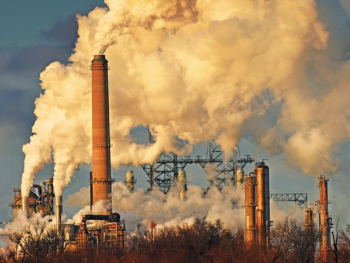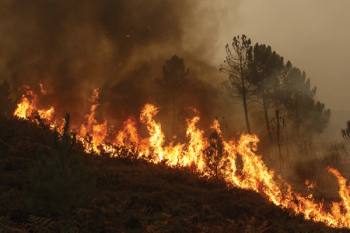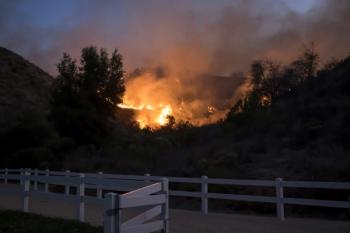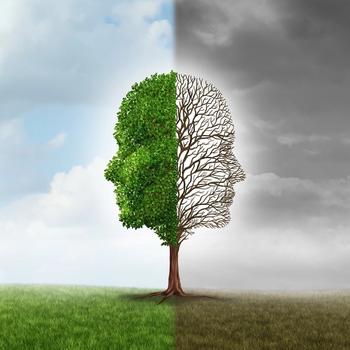
The profound effects of climate change on mental health have become increasingly difficult to ignore.

The profound effects of climate change on mental health have become increasingly difficult to ignore.

While some psychiatrists may doubt the connection between climate disruption and psychiatric disorders, the evidence is growing stronger every day.

We cannot protect our patients without protecting our planet. This means a personal and professional commitment to green our activities by considering the carbon effects of how we do our work.

When engaging in professional discourse on controversial topics, how can psychiatrists respect the therapeutic boundary with patients when their own fears are heightened?

Climate is both a public health and a psychological issue and these aspects are intertwined. In this article, particular clinical situations in working with climate anxiety are discussed.

Many of our patients are in distress, coping with “eco-anxiety” in ways that we have up to now not experienced.

Psychiatrists and other mental-health clinicians are being increasingly called upon to respond to patients’ worries about the destabilization of many aspects of our world.

Climate change poses one of the greatest threats to public health in modern times, and the mental health effects are no less concerning.

This article summarizes literature on post-disaster mental health and describes the public health crisis in Puerto Rico. Special attention is given to highlight higher suicide rates and PTSD that develop in post-disaster areas.

American psychiatry is on the cusp of recognizing and tackling both physician burnout and climate change.

The effects of climate change are severe and global, affecting world economies, triggering migrations and wars, and having profound effects on mental and physical health.

Have you heard of Psychiatrists for Environmental Action and Knowledge (PEAK)? There are ways for us to help treat climate instability and global overheating!

What are the psychological aspects of “going green”? How should we address what some call climate instability and global heating?

I don’t know how many psychiatrists paid much attention to the climate-change conference in Copenhagen last month, but I came away convinced they need our help. Here’s why.